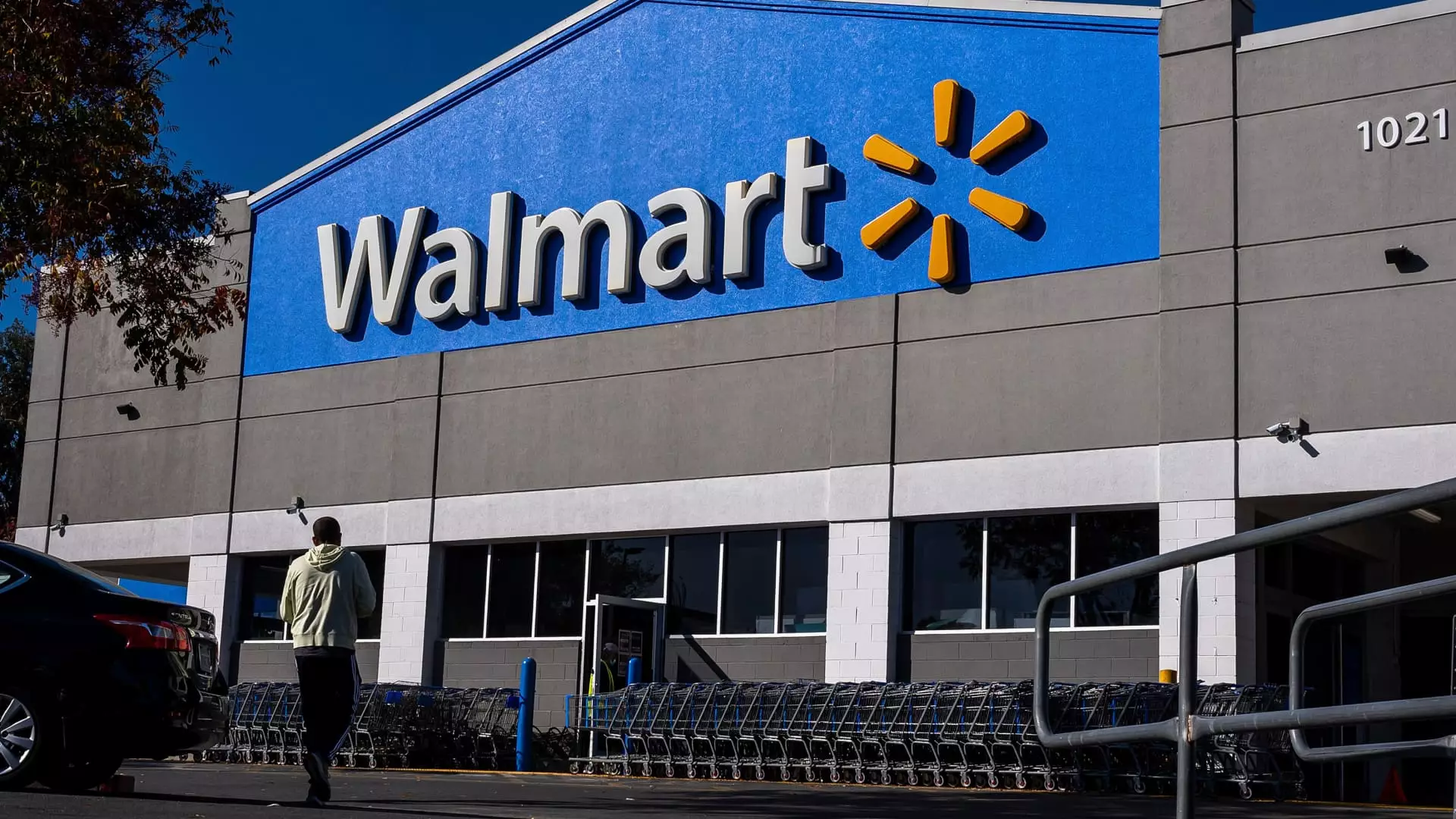The potential imposition of tariffs proposed by President-elect Donald Trump represents a crucial moment for retailers in the U.S. As discussions around trade policy heat up, significant leaders in the retail sector, including Walmart’s Chief Financial Officer (CFO) John David Rainey, are grappling with the implications these changes could have not only on their businesses but also on consumers at large. This article delves into the ramifications of these tariffs on retail pricing, consumer behavior, and the strategies companies are employing in response to the possible economic shifts.
During his campaign, Trump famously hinted at a range of tariffs that could reach upwards of 20% or even higher on all imports, particularly targeting China. This rhetoric has sent shockwaves through the retail sector, which operates on razor-thin margins and is heavily reliant on imports for a variety of goods. Rainey’s remarks highlight the industry’s tension as Walmart embraces an “everyday low prices” model, yet recognizes the stark reality that there may be cases where prices must be raised to maintain profitability in the face of increased import duties.
Retailers like Walmart are particularly sensitive to the potential fallout from these tariffs, as many products are sourced from overseas. The National Retail Federation (NRF) has characterized the proposed tariffs as an additional “tax on American families,” warning that widespread tariffs could lead to significant inflation and subsequent job losses. The concern is not simply about rising prices but about the broader economic impact this could have, particularly for lower-income families who might struggle to absorb these additional costs.
One of the critical strategies retailers are adopting is diversification of their supply chains. John Rainey notes that a substantial portion of Walmart’s inventory—approximately two-thirds—is domestically produced, which helps mitigate the potential costs associated with international tariffs. This focus on domestic sourcing not only supports local economies but also positions Walmart to better adapt to changing trade policies.
Other companies, such as footwear manufacturer Steve Madden, are also proactively adjusting their supply chains by reducing imports from China. This reevaluation of sourcing strategies reflects a broader trend in the retail industry as brands seek to avoid reliance on any single country for their manufacturing needs. The adjustment in strategy is crucial; in a volatile economic environment, agility in supply chain management can be a determining factor in a company’s ability to weather financial storms.
As retailers confront the potential for increased tariffs, the prospect of higher consumer prices becomes a palpable concern. Rainey acknowledged that the imposition of tariffs could drive inflation, ultimately impacting consumers. This is particularly relevant given that inflation had moderated somewhat in recent years, temporarily easing the financial burden on American households.
Another layer to consider is the impact on pricing strategies for private label or in-house brands. Retailers are exploring ways to work closely with suppliers to cushion the blow of rising costs. A careful approach might involve reassessing product lines or seeking efficiencies in production and distribution to maintain customer loyalty and competitiveness in the marketplace.
If tariffs are enacted, the retail landscape could be irrevocably altered. Companies must remain vigilant, not only in adjusting pricing but also in maintaining their market position amidst shifting consumer expectations. Beyond immediate price increases, there may also be a long-term cultural shift regarding consumer spending habits as families adjust to a new economic reality characterized by higher costs.
Moreover, the evolving trade policy landscape will likely influence investment strategies within the retail sector, as companies weigh the benefits of domestic versus international sourcing. Effective risk management will become paramount, ensuring that retailers can sustain operations despite the unpredictability of tariffs and their subsequent effects on the economy.
As the U.S. retail sector faces potential tariff-induced turbulence, the responses from major players like Walmart and others illustrate a mixture of caution and strategic innovation. The interplay between pricing adjustments, supply chain diversification, and consumer impacts will culminate in a fundamental reshaping of retail, demanding both resilience and adaptability amidst uncertain economic winds.

